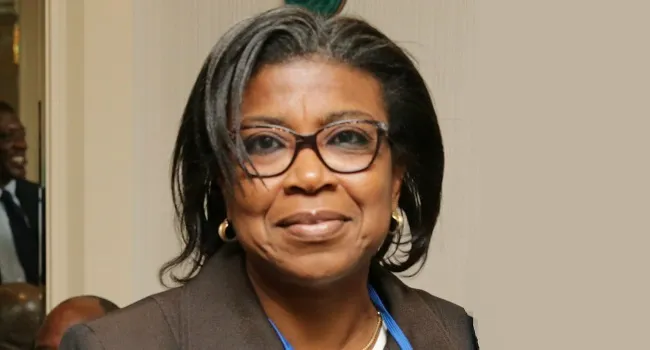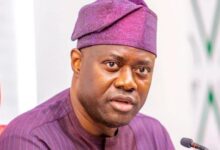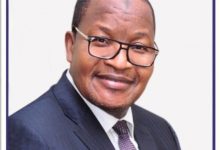DMO DG, Oniha, urges Buhari to address petrol subsidy, insecurity over low revenue
by Ebor Cletus Ralph Jr

The Federal Government can boost its low revenue and lower its debt by resolving the petrol subsidy and increasing crude oil output, according to Patience Oniha, Director-General of the Debt Management Office (DMO).
Oniha stated to NAN on Wednesday that the subsidy payment had greatly widened Nigeria’s annual budget deficits and that the government will continue to be forced to take out fresh loans, raising the total amount of the country’s public debt.
According to Oniha, other problems that must be resolved to increase the nation’s revenue include crude oil theft and pipeline vandalism, insecurity, and inflation.
“The DMO has continuously maintained its position on the need to raise revenue.” she said, adding, “One issue to be addressed is the petrol subsidy which has significantly increased annual budget deficits and ultimately, increased the level of new borrowings and the public debt stock.
“There is a vital need to ramp up crude oil production and end crude oil theft and pipeline vandalism to meet oil revenue targets, especially in the light of rising crude oil prices.
“Other structural issues such as insecurity, inflation, infrastructural deficit and foreign exchange shortages adversely affecting the business environment need to be resolved.” The DMO boss said.
Oniha explained that Nigeria has been running budget deficits for decades, and it’s time to focus on revenue, which has a GDP ratio of 6.3 percent, placing the country on 194 spot out of 196 countries on revenue to GDP ratio list.
“How much revenue is Nigeria generating? Statistics show that relative to other countries, Nigeria’s revenue is low.” Oniha said, explaining further that, “The World Bank’s World Economic Outlook for 2020 showed that Nigeria with revenue to GDP ratio of 6.3 percent was ranked at 194 out of 196 countries covered.
“The DMO has repeatedly emphasised the need to grow revenues significantly in order for a debt to be sustainable.
“It is advisable for the media and public analysts to begin to focus attention on Nigeria’s revenue generation.
“Revenue is the way to go and that is how countries develop and use borrowing to augment revenue shortfalls now and again.
“Nigeria has been running budget deficits for decades; it is about time to shift to balanced budgets and even surplus budgets.” the DMO DG said.
With Nigeria’s total public debt hitting N41.6 trillion at the end of Q1 2022, rising by N2.04 trillion, from N39.56 trillion reported at the end of December 2021, Oniha said, “Public debt has grown over the last years as the government borrowed to meet major revenue shortfalls, increased spending on security and infrastructure, as well as funding on health due to the COVID-19 pandemic.”
She further stated that, “The levels of new borrowing to meet these needs are often captured in the annual appropriation acts and medium-term external borrowing plan (MTEBP).
“Although it looks obvious, one of the things omitted in the analyses by experts is that new borrowing will automatically translate to higher debt stock and debt service levels.”



